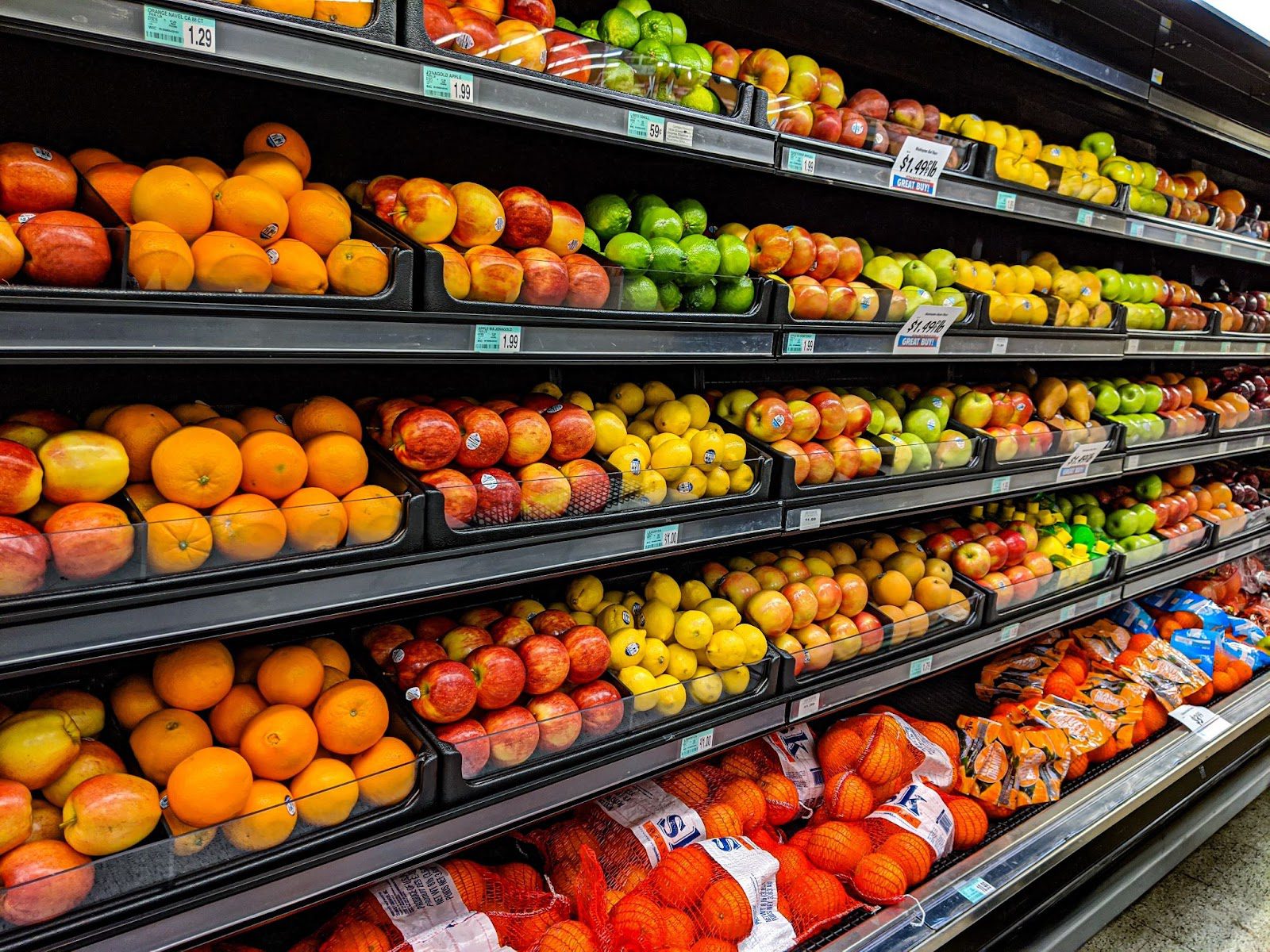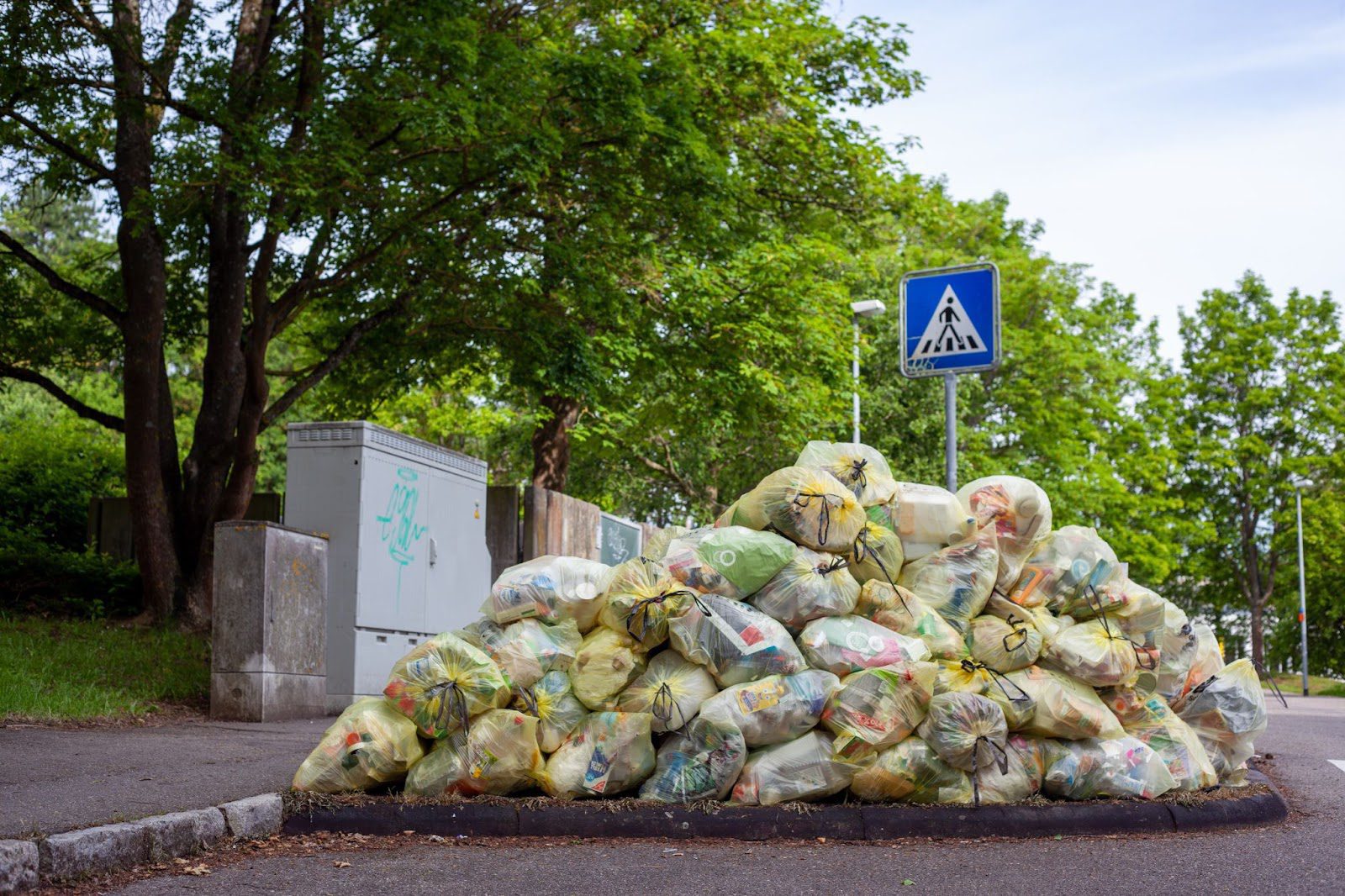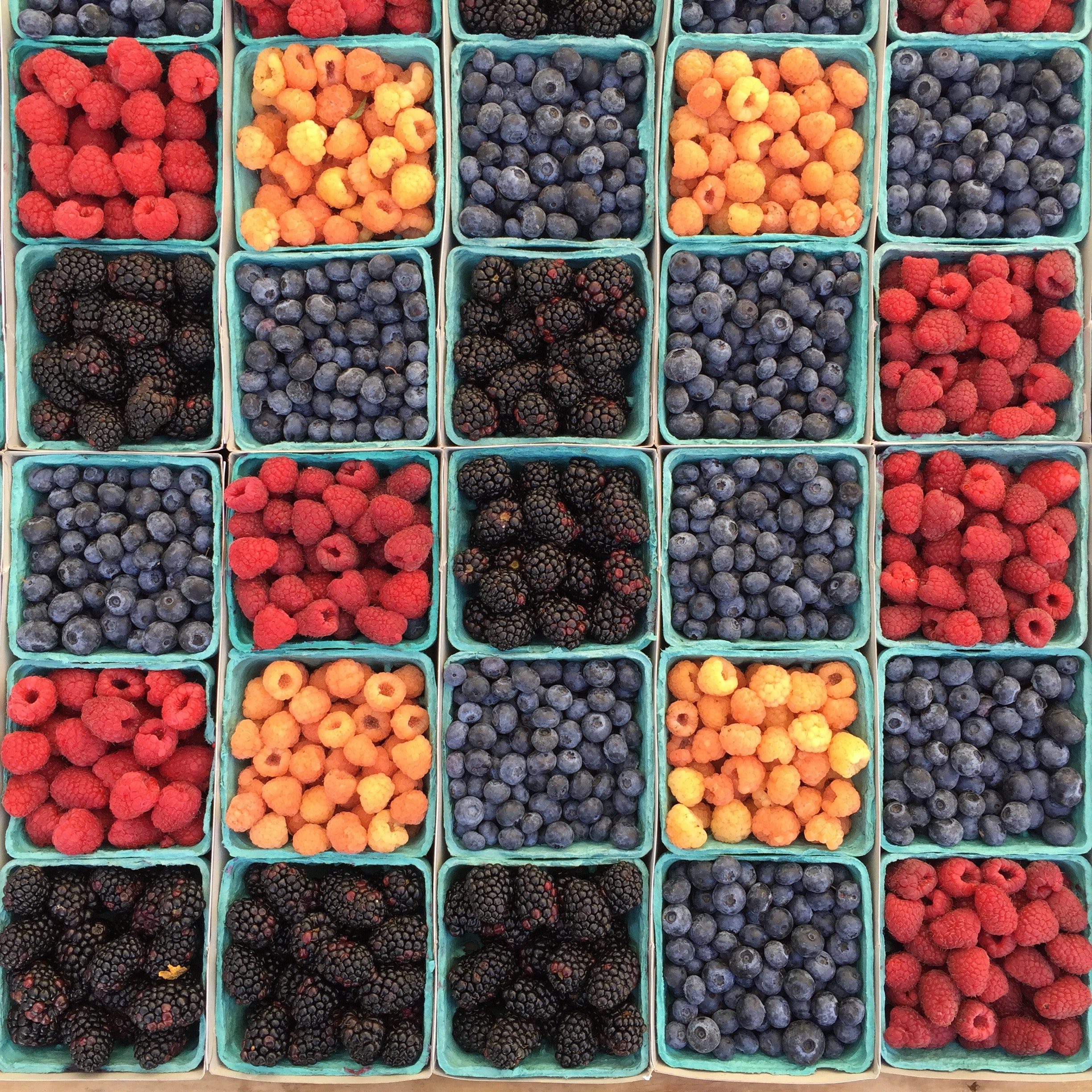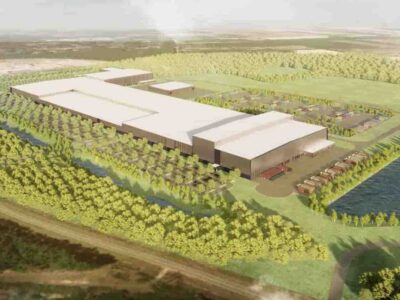If we are honest with ourselves, most of us could probably use more fruit in our diets. Taking the time to consume another orange or banana daily shouldn’t be all that difficult. The taste explosion from any pear or plum rivals anything else in nature. After all, there’s a reason why the forbidden and endlessly desirable delicacy was an apple in the Bible’s Book of Genesis.
Modern innovation eventually took us off that path, with newfound applications for cane sugar paving the way for increasingly stimulating soft drinks, frostings and candies that began to dull the allure of the farmer’s weekly strawberry offering. While those artificial creations lacked the vitamins, minerals, fiber, and antioxidants that were abundantly present in fruit, our taste buds quickly gave up on caring about that fact.
But times are changing once again. The cultural revolution in the 1960s led to a shift in expression. By the dawn of the 1980s, people all over the country were regularly attending Jazzercise classes and, you guessed it, eating more fruit.
Today, fruit in the U.S. is north of a $5 billion annual market, with a pre-pandemic high of $5.6 billion in overall value. For all that money to be attached to a product that can expire and outlive its usefulness in a matter of days, preservation of that prime quality occupies arguably the most critical technological need in an industry where waste is an everyday occurrence. One of these bright new innovators is Strella, a Seattle-based ag-tech startup that boasts an inspiring new technology for detecting fruit as it nears expiration with unparalleled accuracy.

According to Katherine Sizov, Strella’s co-founder and CEO, you can explain the company’s vision as a shift in perspective on understanding fruit. “The food supply chain doesn’t treat food like a living organism,” says Sizov. As she puts it, there is something more than meets the eye with much of what we see on the shelves of our local grocer. “Why don’t we listen to what these organisms are saying to us?”
Contrary to what it might sound like, Strella’s invention is not some fantastical device communicating with plants. Nor is it a new-and-improved form of packaging that widens the preservation window, something that is a growing industry in its own right. What the technology does is pick up information on ethylene levels in produce.
Ethylene is a chemical native to most fruits and is emitted into the air as the fruit begins the ripening process.
Strella’s team has been able to measure and determine exactly how close a given fruit is to becoming over-ripe at a far more accurate and replicable level than the usual “eye test” that has served us for thousands of years.

With this technology, Strella joins several growing companies in a new era predicated on eliminating the vast extent of food waste in this country. Recent studies have shown that as much as half of all produce is thrown away before reaching a person’s stomach.
From the initial harvesting and production phase to the retail stage and even to the fridge of the American consumer, Strella’s ethylene-detection technology could have massive implications for bringing that number down. And with its monitoring tech already in operation for 15% of the nation’s produce, it looks like Strella is on its way to making a difference.





